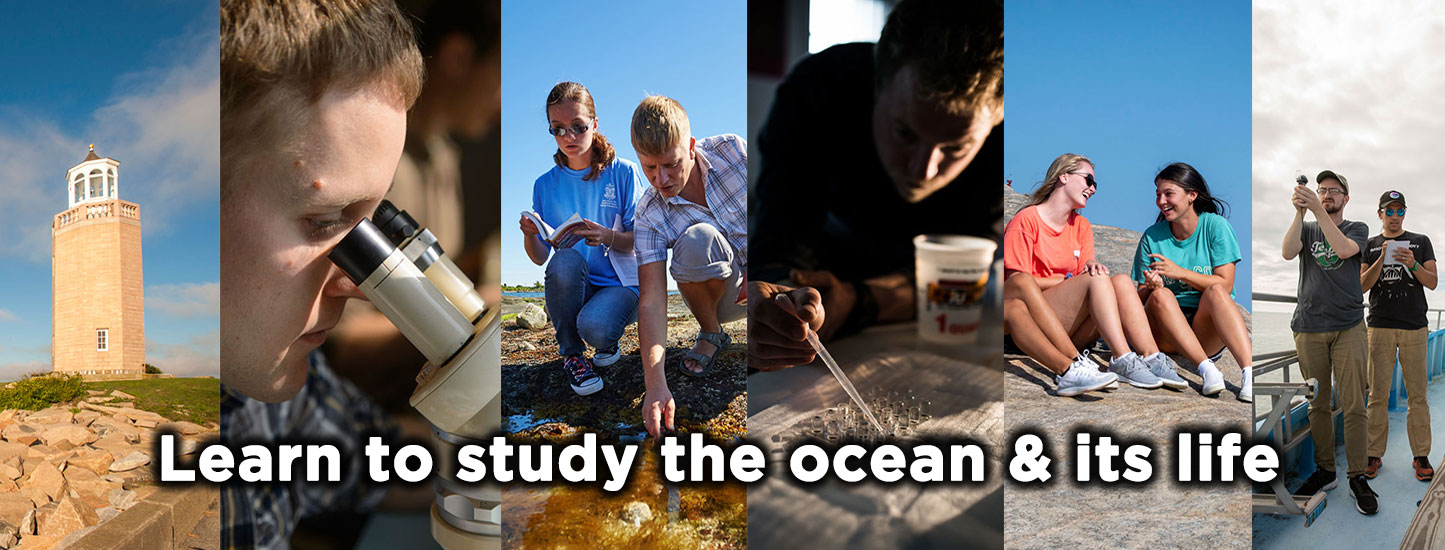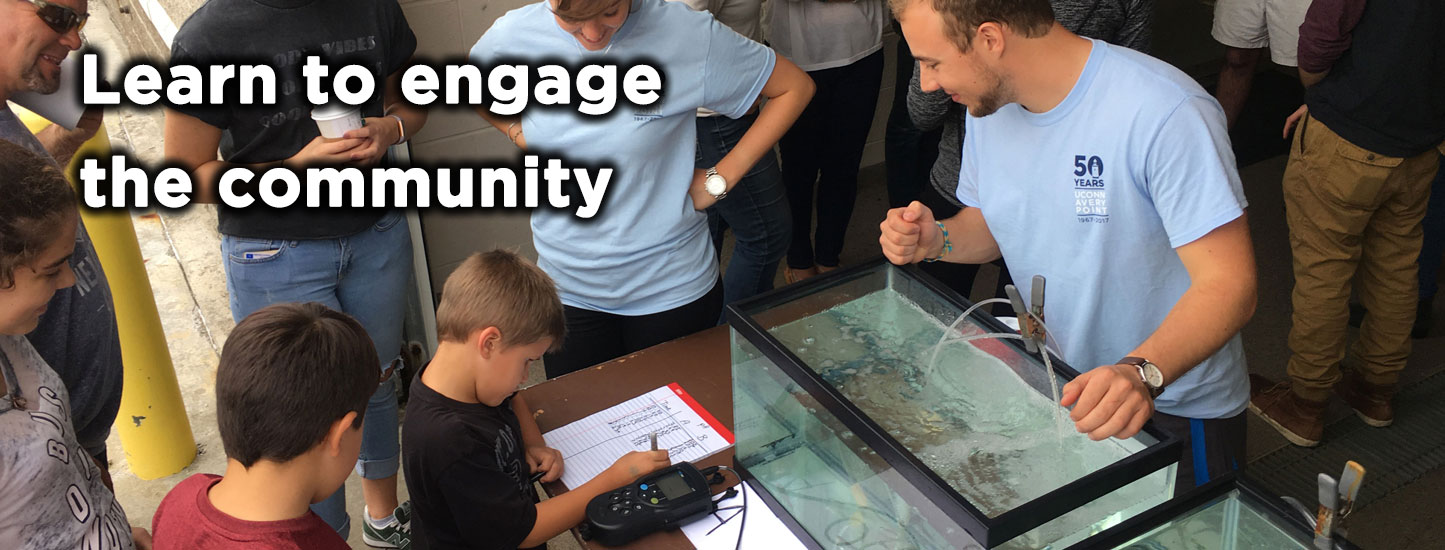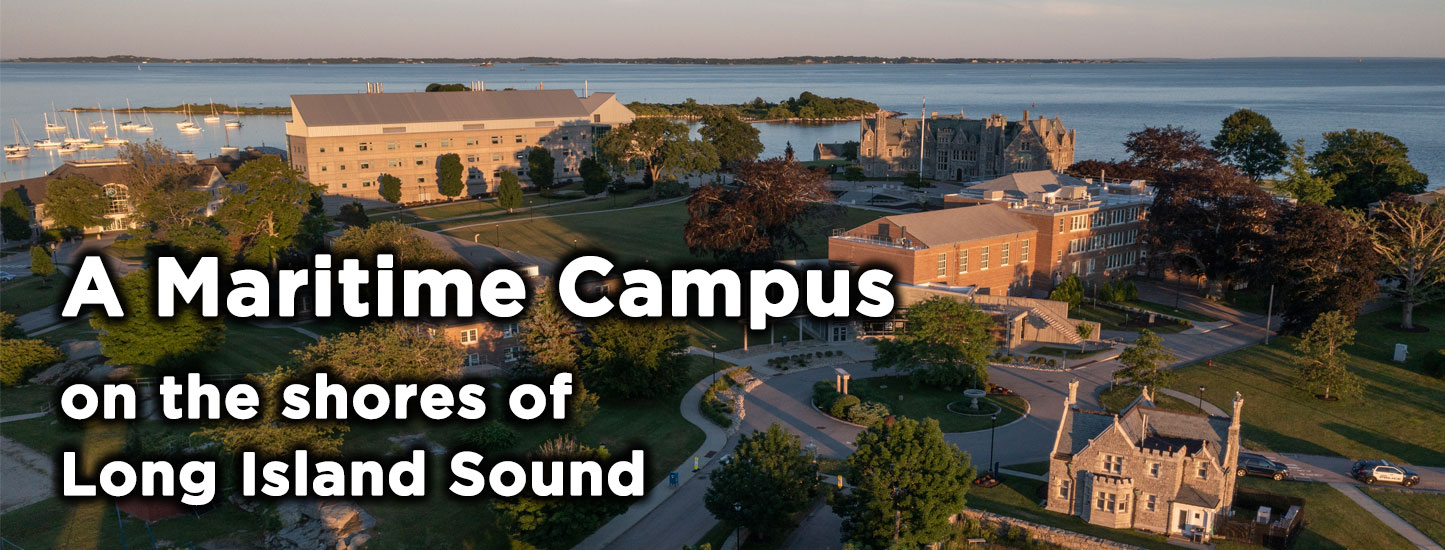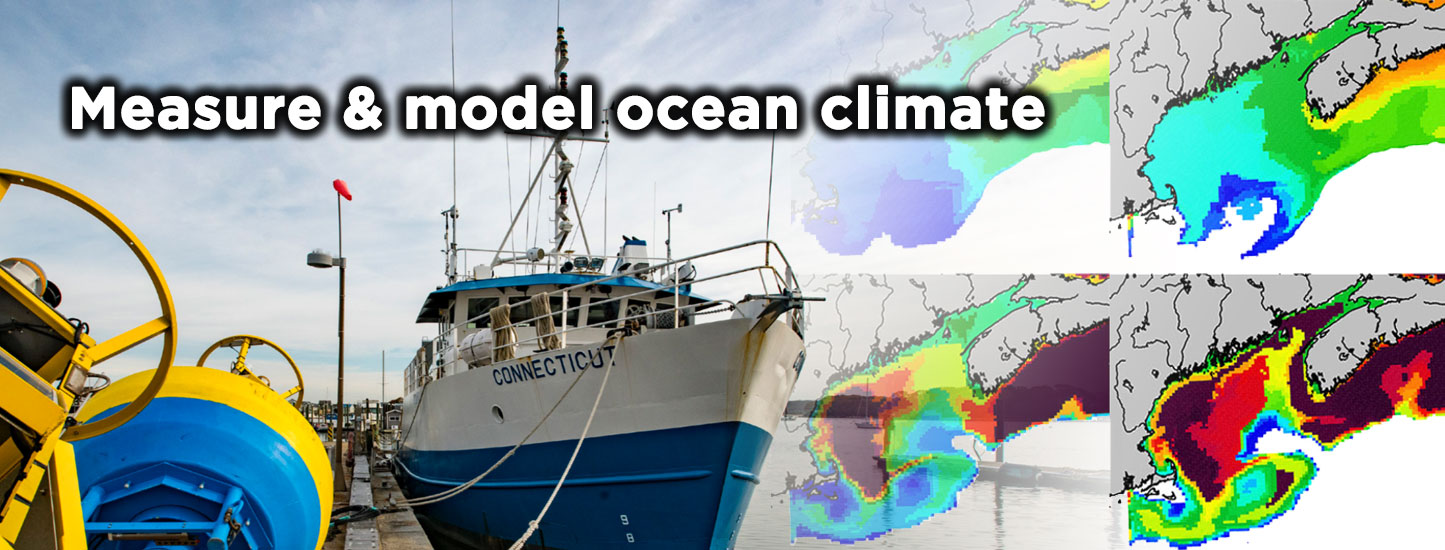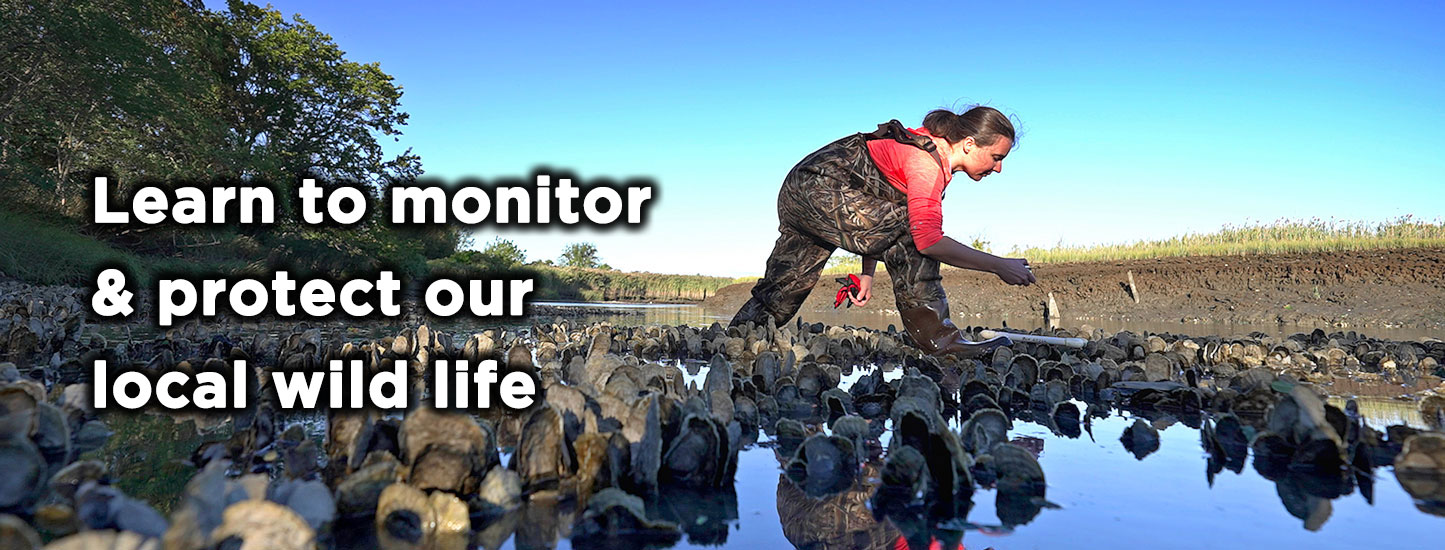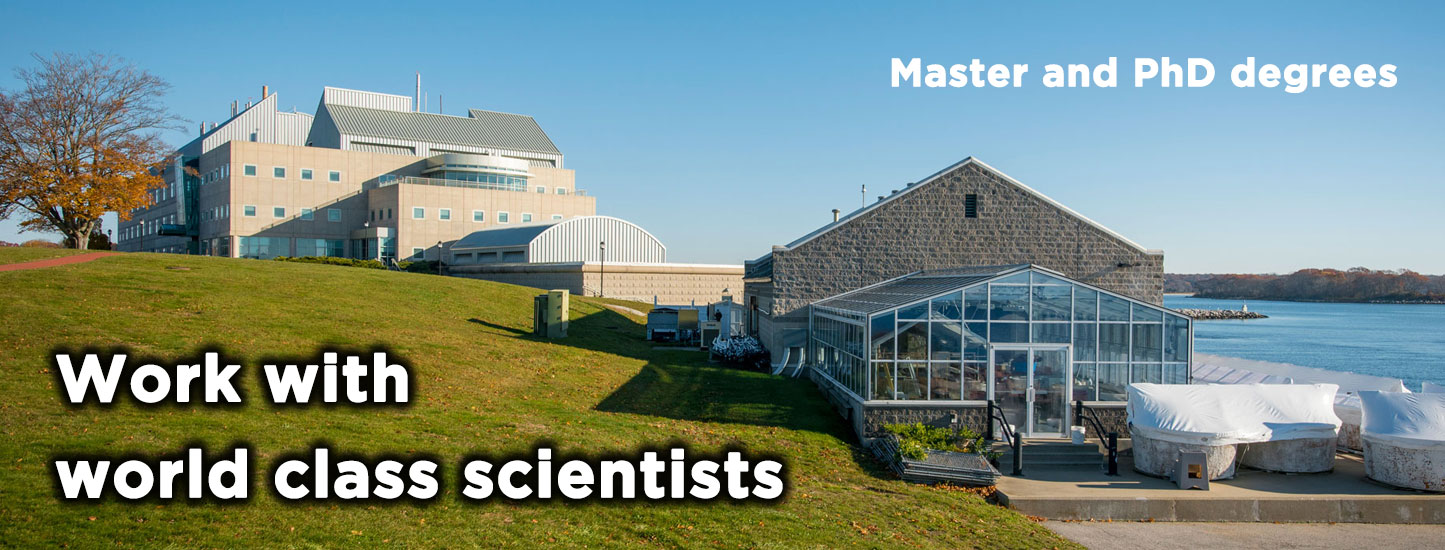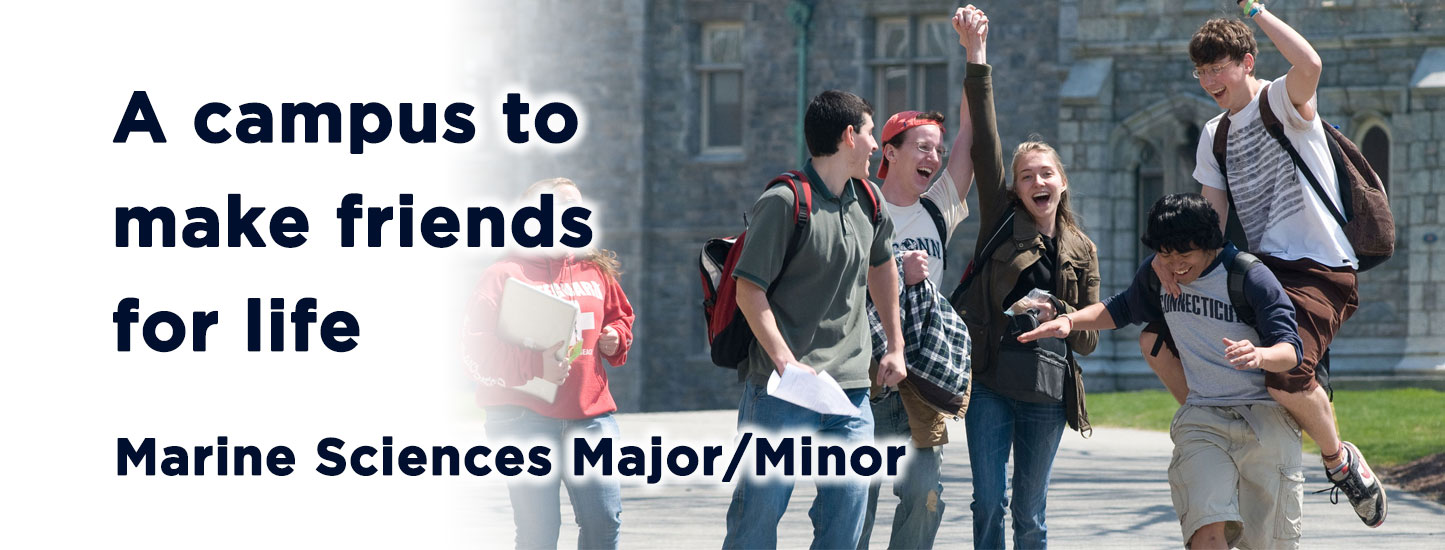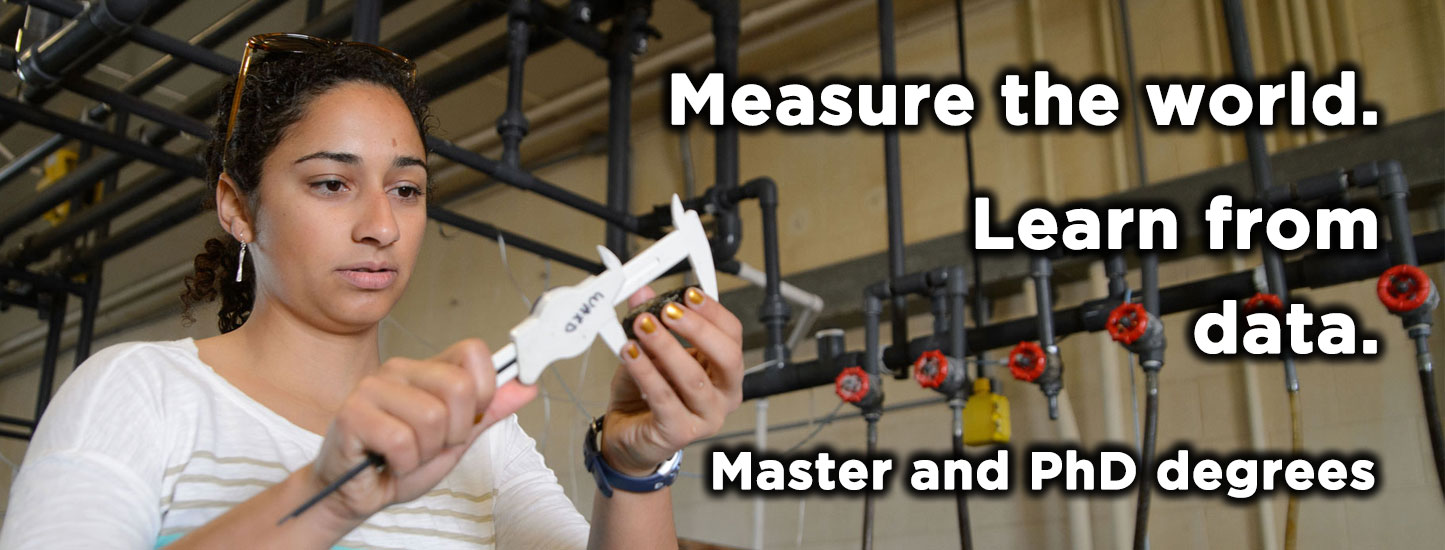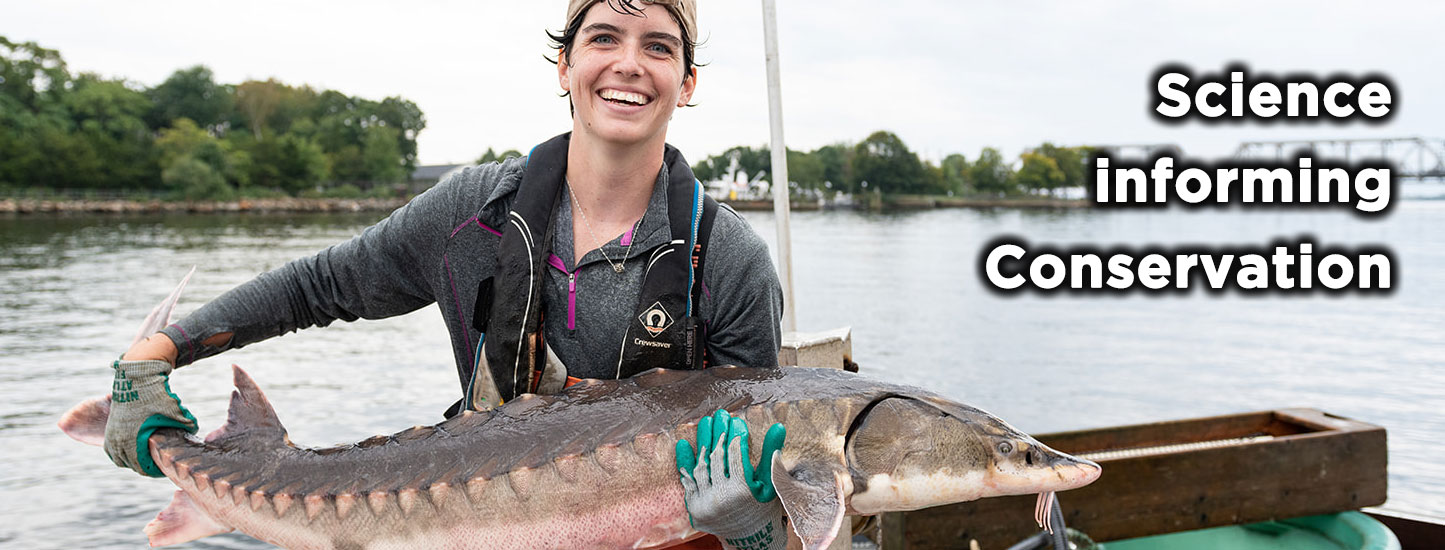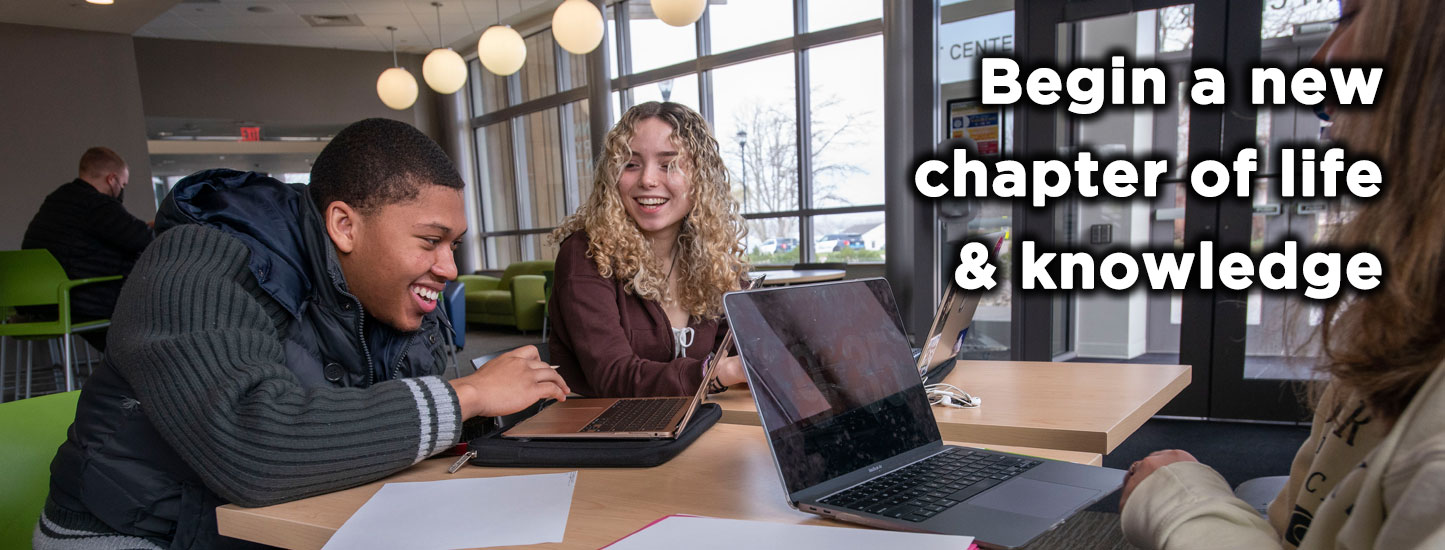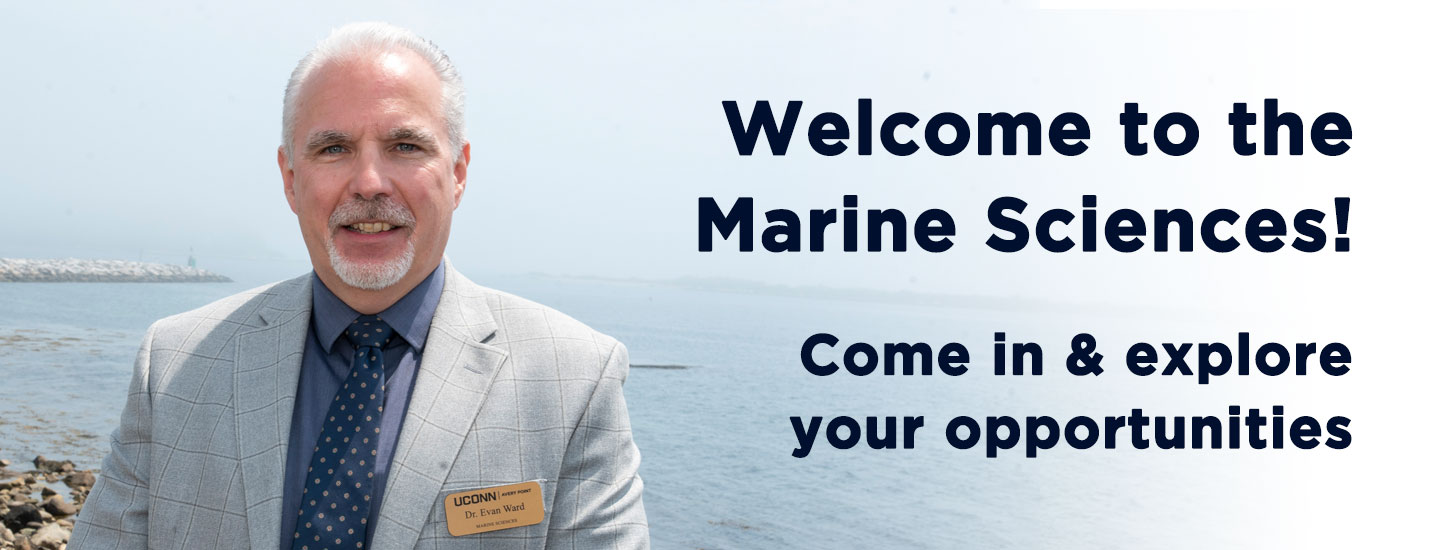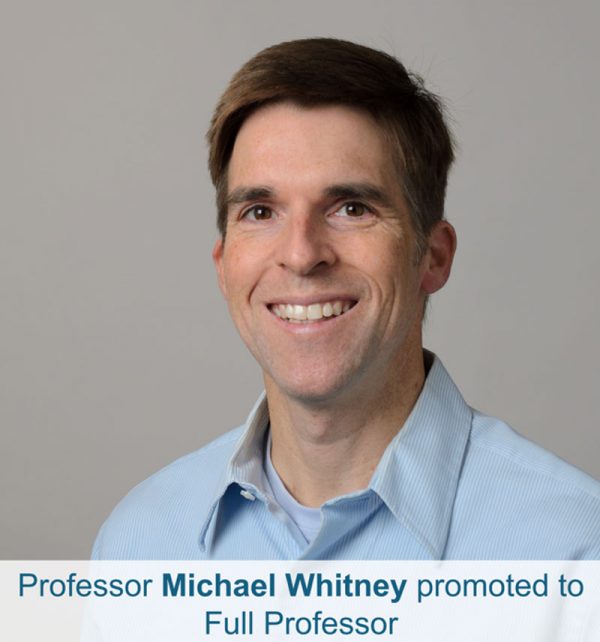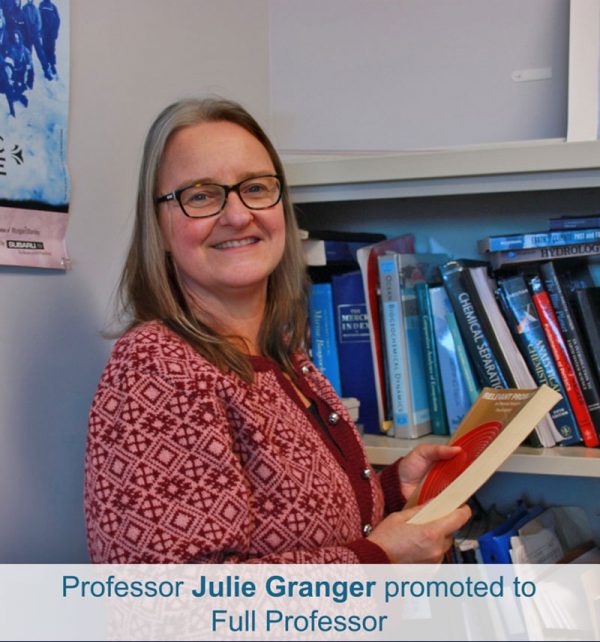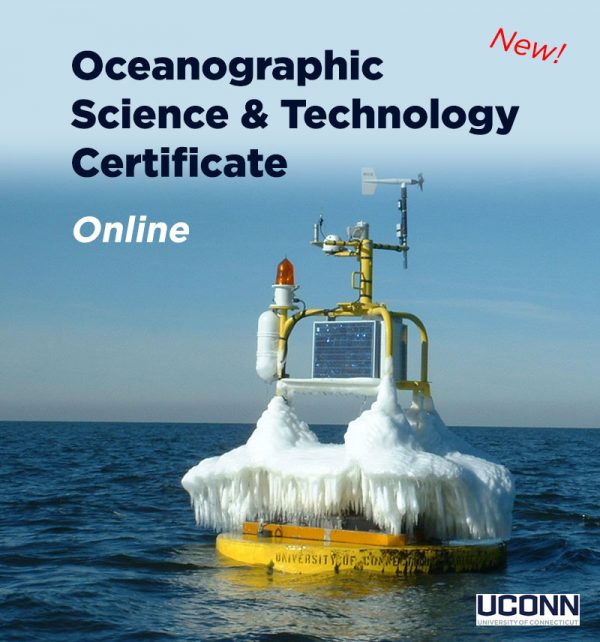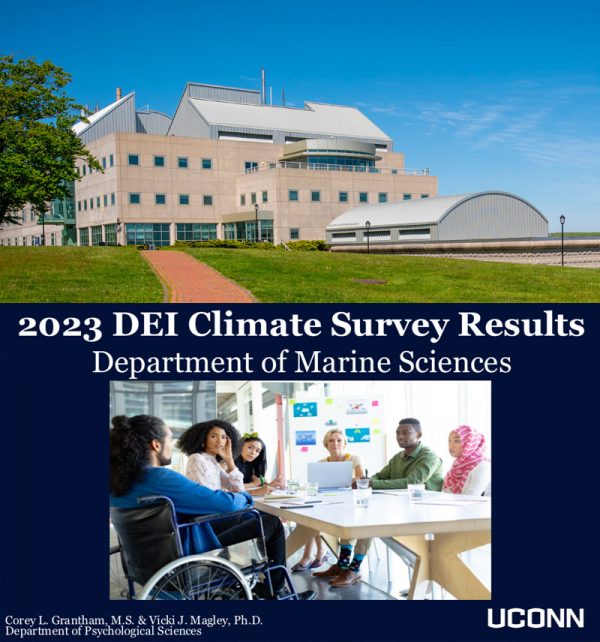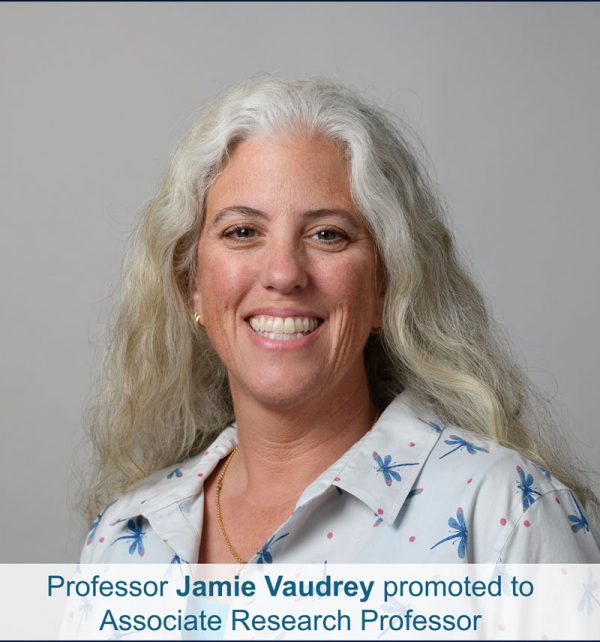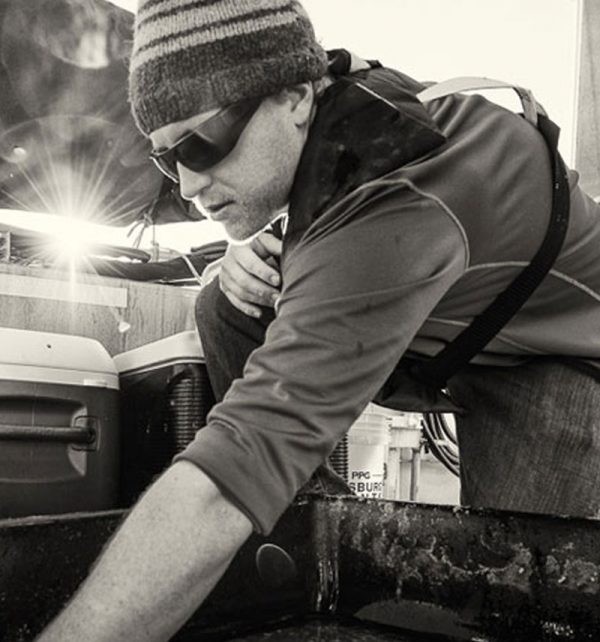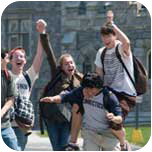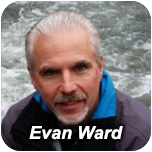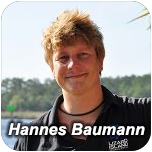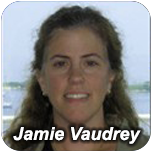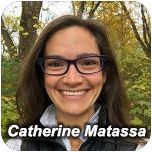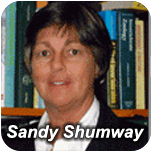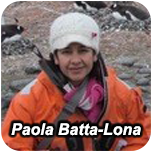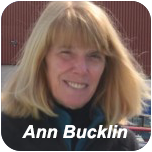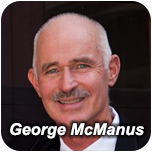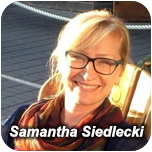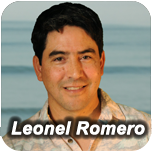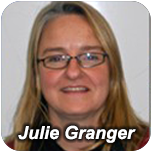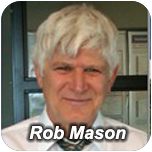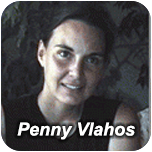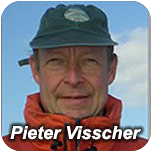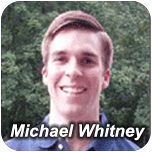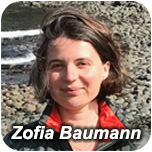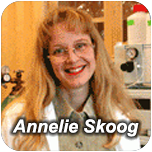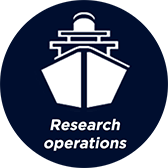DMS in the News
Interested in our Program?
Upcoming Events
-
2/7
Marine Sciences Seminar: Benjamin Barr
Marine Sciences Seminar: Benjamin Barr
Friday, February 7th, 2025
11:00 AM - 12:00 PM
Lowell P. Weicker Jr. Building (Avery Point)

Benjamin Barr
Woods Hole Oceanographic Institution
Seastate-Dependent Sea Spray Heat Fluxes in Extreme Conditions: Physical Processes, Multiscale Interactions, and New Frontiers for Observations and Modeling
Air-sea fluxes of sensible and latent heat are fundamental to the structure and energetics of the air-sea transition zone and marine storm systems in extreme conditions. The contributions of sea spray to high-wind air-sea heat fluxes and corresponding impacts on storm structure and intensity are not well understood due to the difficulty of measuring spray and heat fluxes in high-wind environments and to the challenge of representing complex seastate-dependent spray physics in weather forecast models. Here we present a new parameterization for seastate-dependent air-sea heat fluxes with spray and explore the multiscale interactions that it produces in fully coupled atmosphere-wave-ocean tropical cyclone (TC) simulations.
Sea spray generation in the new wave-based parameterization differs from a traditional wind-based approach in terms of both total spray mass flux and the droplet size distribution. Spray heat fluxes from the new model are significant compared to interfacial (bulk) heat fluxes and produce systematic effects on TC structure and intensity. For tropical storms and weak hurricanes, spray evaporation in the atmospheric boundary layer (BL) cools inflow, suppressing eyewall deep convection and causing spray to oppose intensification. Continued intensification enhances spray production under the eyewall, which warms surface air through direct heating by suspended droplets. Eventually, this warming can overwhelm the negative influence of the cooled BL inflow to promote intensification in strong TCs (i.e., Category 4 and 5).
Ongoing work includes comparing parameterized heat fluxes to direct covariance sensible and latent heat flux measurements, which suggests the presence of spray in currently available measurements for U10 < 30 m s-1. Future improvement of the model will benefit from ongoing community efforts to make simultaneous observations of waves, spray, and fluxes at the high-wind air-sea interface.
Host: Leonel Romero
Time & Date: 11:00 am, Friday, February 7, 2025
Place: Lowell Weicker Building, Seminar Room 103 (or Webex)
Request Seminar Information
Cancellation & Additional Seminar DetailsIf you are an individual with a disability and need accommodations, please contact 860-405-9152 or email marinesciencesseminars@uconn.edu.
This is an Honors Event.* See tags below for categories. #UHLevent11060
*This UHL Event # may only be used a maximum of three times for the purposes of meeting the requirements of the Honors Laureate.
-
2/11
UConn Coastal Perspectives Lecture – free
UConn Coastal Perspectives Lecture – free
Tuesday, February 11th, 2025
07:30 PM
Auditorium (Avery Point)

Metin Coşgel, Ph.D., Professor of Economics, University of Connecticut
Did racial diversity improve the economic performance of New England whaling ships?
This talk explores the complex relationship between racial diversity and team performance, drawing on extensive data from the American offshore whaling industry. Despite widespread promotion of workforce diversity by various organizations, empirical evidence supporting its positive effects on performance has been limited and inconclusive.
The American whaling industry, a significant economic force in coastal New England from colonial times through the early 20th century, provides a unique historical context for this analysis. Whaling crews were notably multiracial and highly diverse, offering a rich dataset for examining the impact of diversity on team outcomes.
Our study utilizes a comprehensive array of historical sources, including crew lists, American Offshore Whaling Logbook and Voyages databases, U.S. Federal Census enumeration schedules, Seamen’s Protection Certificate Database, and various records of Native American whalemen. The analysis reveals a U-shaped relationship between racial diversity and team performance, measured by whaling revenues. Initially, increased diversity led to a sharp decline in output value. However, at higher levels of racial heterogeneity, substantial gains were observed. This non-linear effect can be attributed to two opposing mechanisms. On one hand, more heterogeneous crews experienced a higher incidence of conflicts, negatively impacting performance. On the other hand, racial diversity positively influenced the whalemen’s creativity, enhancing their ability to strike and process whales. This research contributes to our understanding of diversity’s nuanced effects on team performance, offering historical insights that remain relevant in today’s diverse work environments.
Contact Information:
More -
2/14
Marine Sciences Seminar: Luc Deike
Marine Sciences Seminar: Luc Deike
Friday, February 14th, 2025
11:00 AM - 12:00 PM
Lowell P. Weicker Jr. Building (Avery Point)

Luc Deike
Princeton University
The role of bubbles entrained by breaking waves in gas exchange between the atmosphere and the ocean
Physical processes at the ocean-atmosphere interface have a large effect on climate and weather by controlling the transfer of momentum and mass. When waves are breaking, the surface experiences dramatic changes, with sea spray ejection in the atmosphere and air entrainment into the ocean water. In this talk I will discuss bubble mediated gas exchange and its importance on gas fluxes, highlighting the importance of asymmetric exchange due to small bubbles trapped in the water for low solubility gases. We combine detailed laboratory experiments and numerical simulations on wave breaking, air entrainment and bubble processes in turbulent flows exploring the very large range of scales, from wave statistics scales of order of km, O(1m-1km), to wave breaking dynamics, O(1-10m), air bubble entrainment, bubble dynamics in turbulence, O(microns to mm). We propose a universal formulation of gas exchange which we implement into a global ocean-biogeochemical model. We discuss the resulting oxygen fluxes and demonstrate that our wind-wave-bubble formulation better reproduces observed in-situ oxygen concentrations in water mass formation regions – where air-sea exchange is high - than a commonly used wind-only formulation.
Host: Leonel Romero
Time & Date: 11:00 am, Friday, February 14, 2025
Place: Lowell Weicker Building, Seminar Room 103 (or Webex)
Request Seminar Information
Cancellation & Additional Seminar DetailsIf you are an individual with a disability and need accommodations, please contact 860-405-9152 or email marinesciencesseminars@uconn.edu.
This is an Honors Event.* See tags below for categories. #UHLevent11060
*This UHL Event # may only be used a maximum of three times for the purposes of meeting the requirements of the Honors Laureate.
-
2/21
Marine Sciences Seminar: Rebecca Selden
Marine Sciences Seminar: Rebecca Selden
Friday, February 21st, 2025
11:00 AM - 12:00 PM
Lowell P. Weicker Jr. Building (Avery Point)

Rebecca Selden
Wellesley College
Host: Catherine Matassa
Time & Date: 11:00 am, Friday, February 21, 2025
Place: Lowell Weicker Building, Seminar Room 103 (or Webex)
Request Seminar Information
Cancellation & Additional Seminar DetailsIf you are an individual with a disability and need accommodations, please contact 860-405-9152 or email marinesciencesseminars@uconn.edu.
This is an Honors Event.* See tags below for categories. #UHLevent11060
*This UHL Event # may only be used a maximum of three times for the purposes of meeting the requirements of the Honors Laureate.
